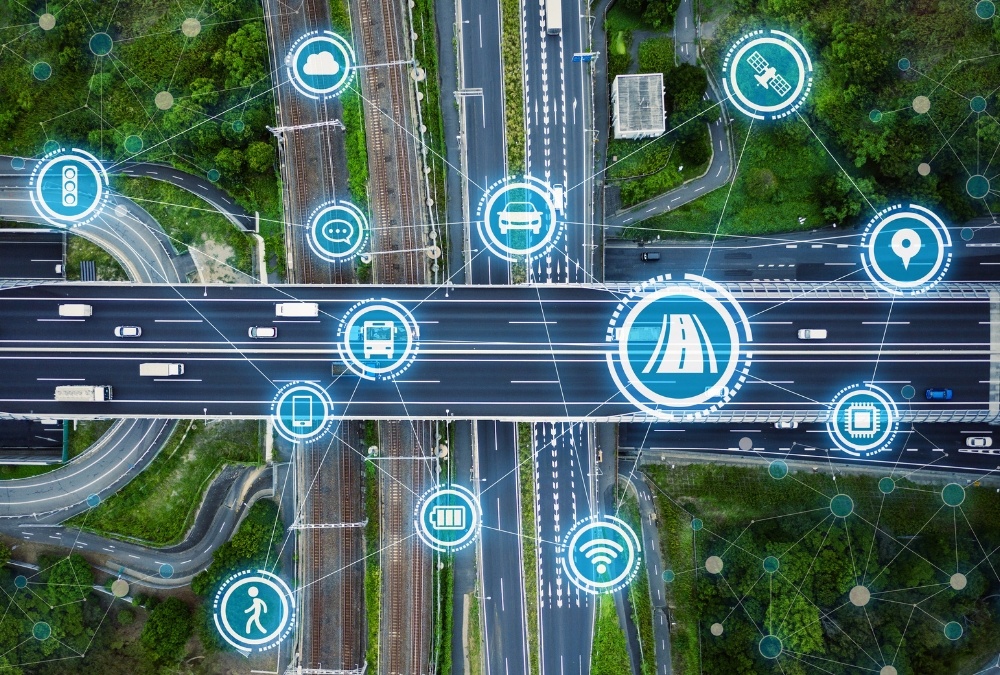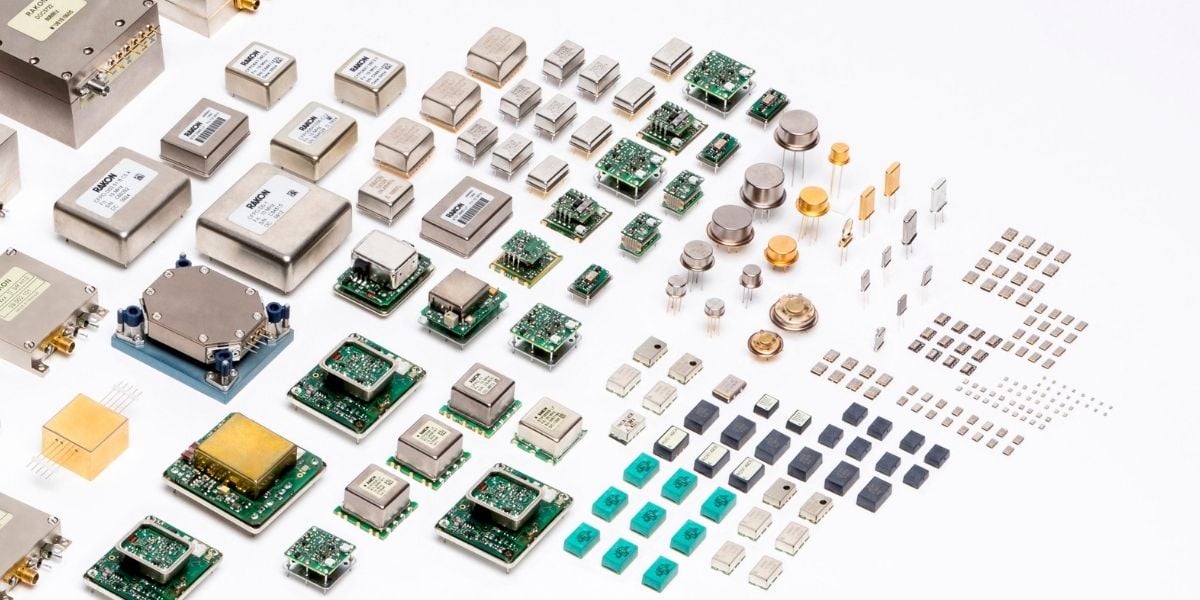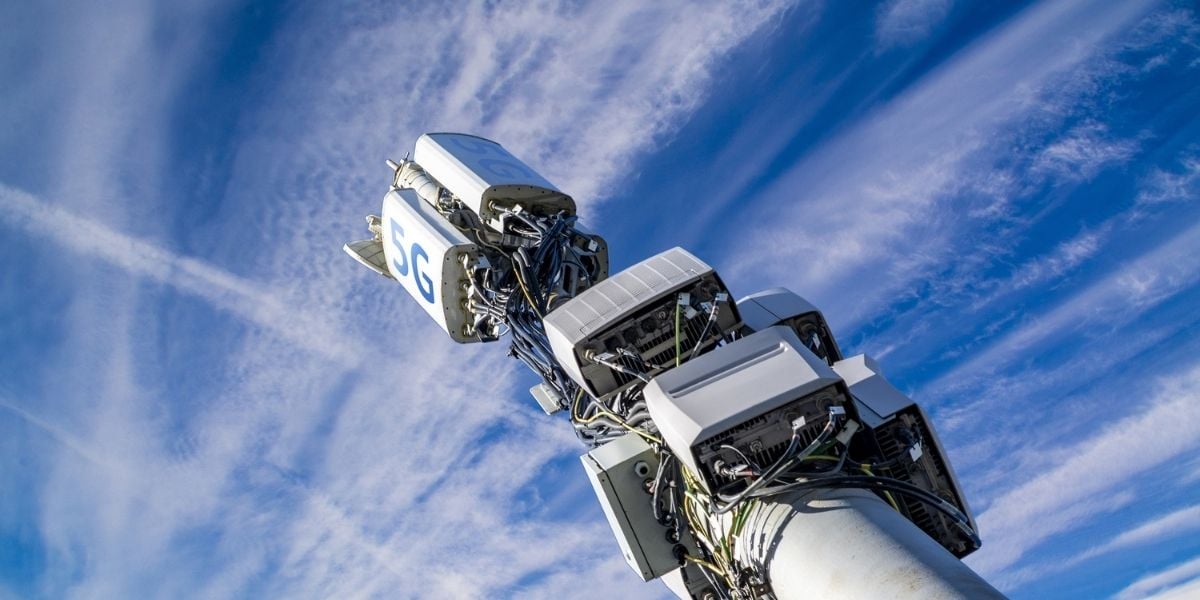Learning Hub: Telecommunications

White Paper: Synchronisation requirements in URLLC networks
Latest Articles
Blog: What is synchronisation holdover, and why is it important in future-proofing telecom networks?
Holdover is a technique used in telecommunications to maintain accurate timing and synchronisation of equipment in the event of a temporary loss of timing signals. Accurate timing..
Blog: Synchronisation fundamentals for digital communication systems
Synchronisation is fundamental to most coordinated activities, from a performance by a symphony orchestra or ballet company to digital communications. Digital communication..
Blog: Frequency reference choices for packet networks
All modern transport networks are based on packet transport technologies. While synchronisation in digital networks has always been important, it has become absolutely critical..
Guide: What data centre architects need to know about 5G synchronisation
With the roll-out of 5G, a massive shift is happening in how telecom infrastructure is designed. With network operators wanting to create a more open network infrastructure..
Guide: Oscillator basics for telecommunications applications
The very basic building block of digital communication is synchronisation. Synchronisation has many perspectives. In digital transmission, synchronisation is about managing..
Blog: How to choose oscillators for your 5G small cell deployment
With higher spectral frequencies and shorter reach, 5G networks are much denser than previous generations. Superfast 5G backhaul (mmWave) relies greatly on small cells, not just..
E-book: System-level synchronisation reference compensation for extending time holdover
Phase and time synchronisation have become the fundamental requirements of most telecom and data communications networks today, as numerous end applications use precision timing...
Blog: 5 key synchronisation challenges specific to 5G base stations
With the roll-out of 5G and initiatives such as the O-RAN alliance, the mobile equipment world is having its fair share of disruption, which certainly applies to base stations and..







